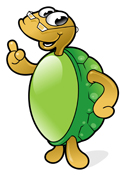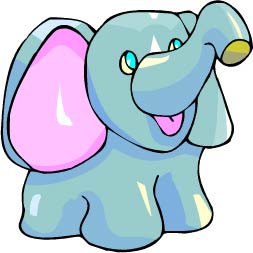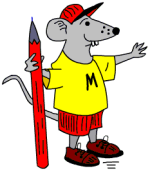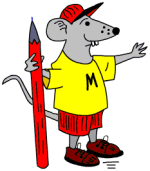 It seems that our schools are not teaching maths as well as they should. Ofsted reports that although test results have improved, understanding of the subject had not. Put simply, teachers are teaching for the tests.
It seems that our schools are not teaching maths as well as they should. Ofsted reports that although test results have improved, understanding of the subject had not. Put simply, teachers are teaching for the tests.
Not a surprise really, when schools are judged on their test results. But now comes the weird bit; when you look at the figures:
“The effectiveness of work in maths was judged to be outstanding in 11%, good in 44% and satisfactory in 40%”
To me and you that adds up to 95% of lessons being satisfactory or better. But, of course Ofsted don’t count ‘Satisfactory’ as being good enough.
Chief inspector Christine Gilbert said: “The way mathematics is taught can make a huge difference to the level of enthusiasm and interest for the subject.
“As well as developing fluent numeracy skills to deal with everyday mathematics, children and young people need to be able to think mathematically, model, analyse and reason.”
She added: “We all benefit from the advanced mathematics that underpins our technological world”
Hard to disagree with that.
 We are lucky enough to have limited access to some of the URBrainy worksheets for early years. These really are presented very well and are a great set of resources for children just starting off with maths. Here is a simple counting worksheet.
We are lucky enough to have limited access to some of the URBrainy worksheets for early years. These really are presented very well and are a great set of resources for children just starting off with maths. Here is a simple counting worksheet.






